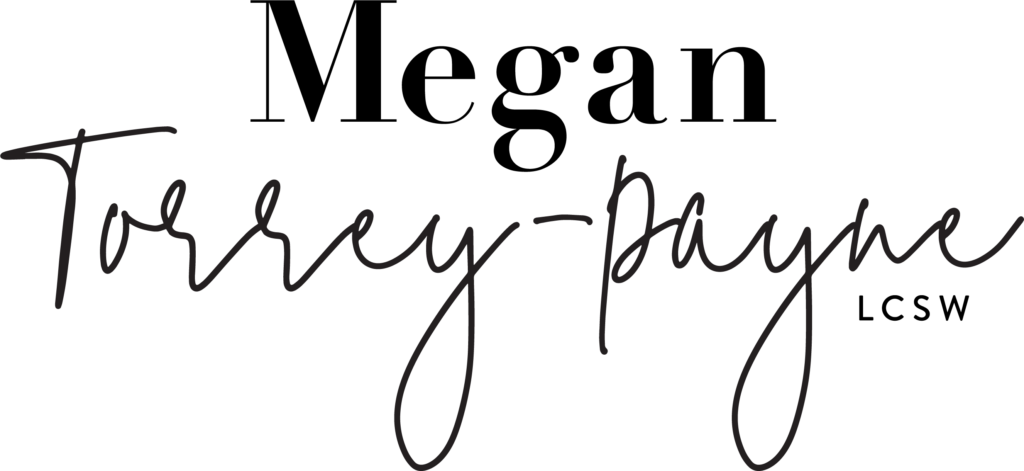 I began my career in 2000 as a psychotherapist working at a group home with pregnant and parenting teenagers who had been removed from their homes by the Department of Child and Family Services. It was a given in this context that relationships, sex, sexuality and gender were going to be significant topics of discussion. It was here that I realized how critical it is to be able to talk about these issues in a direct and nonjudgmental manner. During this time I worked with some girls who had little idea how they got pregnant, some who were on their second or even third pregnancies, a few who identified as lesbian and transgender FtM, and many who were recovering from sexual assault and trauma. I provided education, helped them to process their decisions, helped them to explore who they were and who they wanted to become.
I began my career in 2000 as a psychotherapist working at a group home with pregnant and parenting teenagers who had been removed from their homes by the Department of Child and Family Services. It was a given in this context that relationships, sex, sexuality and gender were going to be significant topics of discussion. It was here that I realized how critical it is to be able to talk about these issues in a direct and nonjudgmental manner. During this time I worked with some girls who had little idea how they got pregnant, some who were on their second or even third pregnancies, a few who identified as lesbian and transgender FtM, and many who were recovering from sexual assault and trauma. I provided education, helped them to process their decisions, helped them to explore who they were and who they wanted to become.
Fast forward to 2007. I had left my job at the group home in 2005 and been in private practice for several years. I was working with a very challenging couple and decided to take a class to further my education specifically with couples and to continue to develop my specialty in relationships. On the first day of class, the instructor said, “You cannot be a truly effective couple’s therapist and not be able to address sexual issues and you cannot be a truly effective sex therapist without being about to address couples issues.” This statement left a powerful impression on me and reinforced what I had already learned in my work with teenagers: that sex is such a significant part of who we are that therapists cannot avoid it in our work with clients. It was at this point that I decided to begin to work towards becoming a Certified Sex Therapist so that I could more effectively focus on the whole person and the whole relationship.
Through the years, I have worked with countless clients: married and unmarried, straight and gay, cisgendered and transgendered. I have worked with people who were frustrated that their bodies were not working the way they wanted them to; couples whose communication about sex and their relationships had broken down; and with individuals who were experimenting with BDSM play and lifestyles. Throughout, I maintained the same basic philosophy that I held while working with teenagers: all people deserve the opportunity to work with a therapist who is nonjudgmental and accepting, who will hear their worries and pain, and who will help them to find their true selves and their happiness. My goal is to be that person and to create a safe place for clients to talk about who they are and to help them create more fulfilling relationships with themselves and their partners.
